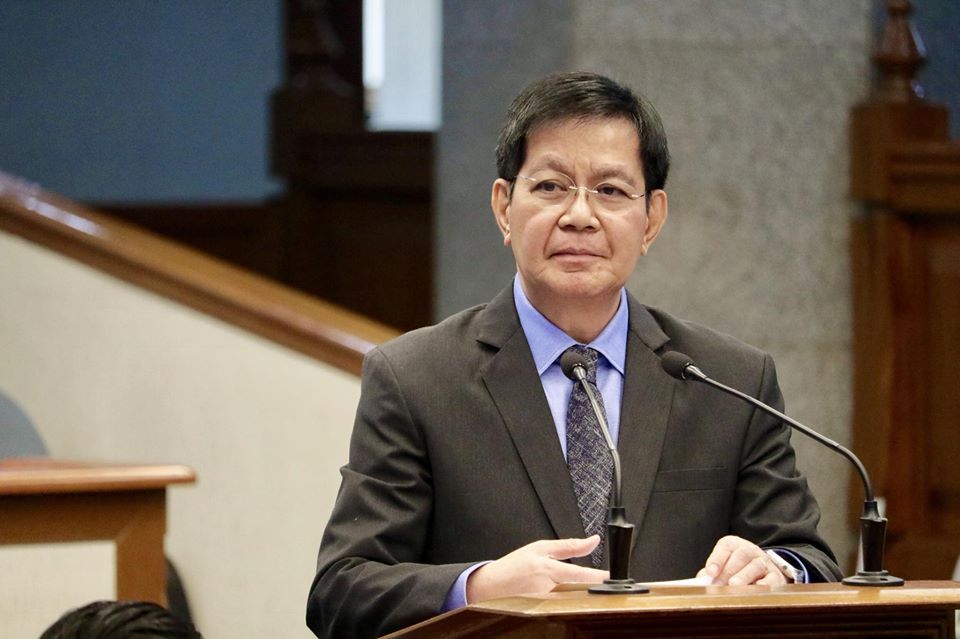Headline
Senate oks national ID on 3rd reading

FILE: Senator Panfilo Lacson. (Photo: Senator Ping Lacson/Facebook)
The upper house, in a 17-2 voting, approved the bill that will implement a national identification system for the country, in its third and final reading on March 19, before having a bicameral conference with the lower chamber to sort out their bill version differences.
The Philippine Identification System (PhilSys) will allow Filipinos to use a national ID that can be used for transacting with all branches and agencies of the government.
This ID will contain a unique number along with other important information of the ID owner like full name, sex, civil status, signature, thumbprints, recent photo, date of birth, place of birth, and address.
While this ID system will bring conveniences to owners in terms of simplifying transactions of public services, its sponsor Senator Panfilo “Ping” Lacson said that apart from the transaction convenience, another purpose is security.
“Those who claim that the Philippine national ID system will violate the people’s right to privacy ought to know that under the measure, only two questions are addressed: One, who are you? Two, are you who you claim to be? Pray tell me how it will invade their privacy,” Lacson responded to critics through his official Twitter account.
The Senator who is also a former Philippine National Police (PNP) chief also pointed out that having a non-transferable legal proof of identity of an individual will help authorities in dealing with criminals and terrorists.
“Several government-issued ID numbers are also in use, resulting in duplication of efforts, wastage of resources, and uncoordinated identity approaches. In fact, a perusal of the list of valid IDs in the Philippines enumerates 33 – I repeat, 33 – different forms of identification issued by various government agencies,” he said.
Furthermore, Lacson said that the PhilSys will only be released on the following conditions, to protect privacy.
1. Upon the consent of the registered person, specific to the purpose prior to the processing;
2. Upon risk of public health and safety when relevant information may be disclosed, provided the risk of significant harm to the public is established and the owner of the information is notified within 72 hours of the fact of such disclosure;
3. Upon order of the court; and
4. When a registered person requests access to his or her registered information and record history, subject to the guidelines and regulations to be issued by the Philippine Statistics Authority (PSA).
Lacson said the PSA would be mandated to act as a repository and custodian of all data including the PSN, registered records and information of all persons registered in the PhilSys.
The bill would also create a PhilSys Policy and Coordination Council (PSPCC) with the mandate to formulate policies and guidelines to ensure effective coordination and implementation of the PhilSys.
“An important feature of this proposed legislation is the concept of authentication or the process of verifying, whether online or offline, the identity of an individual against the registry information in the PhilSys or the PhilID,” according to Lacson.
Last Sept. 8, the House of Representatives, voting 142-7, approved House Bill 6221, or an Act establishing the Filipino Identification System.





















